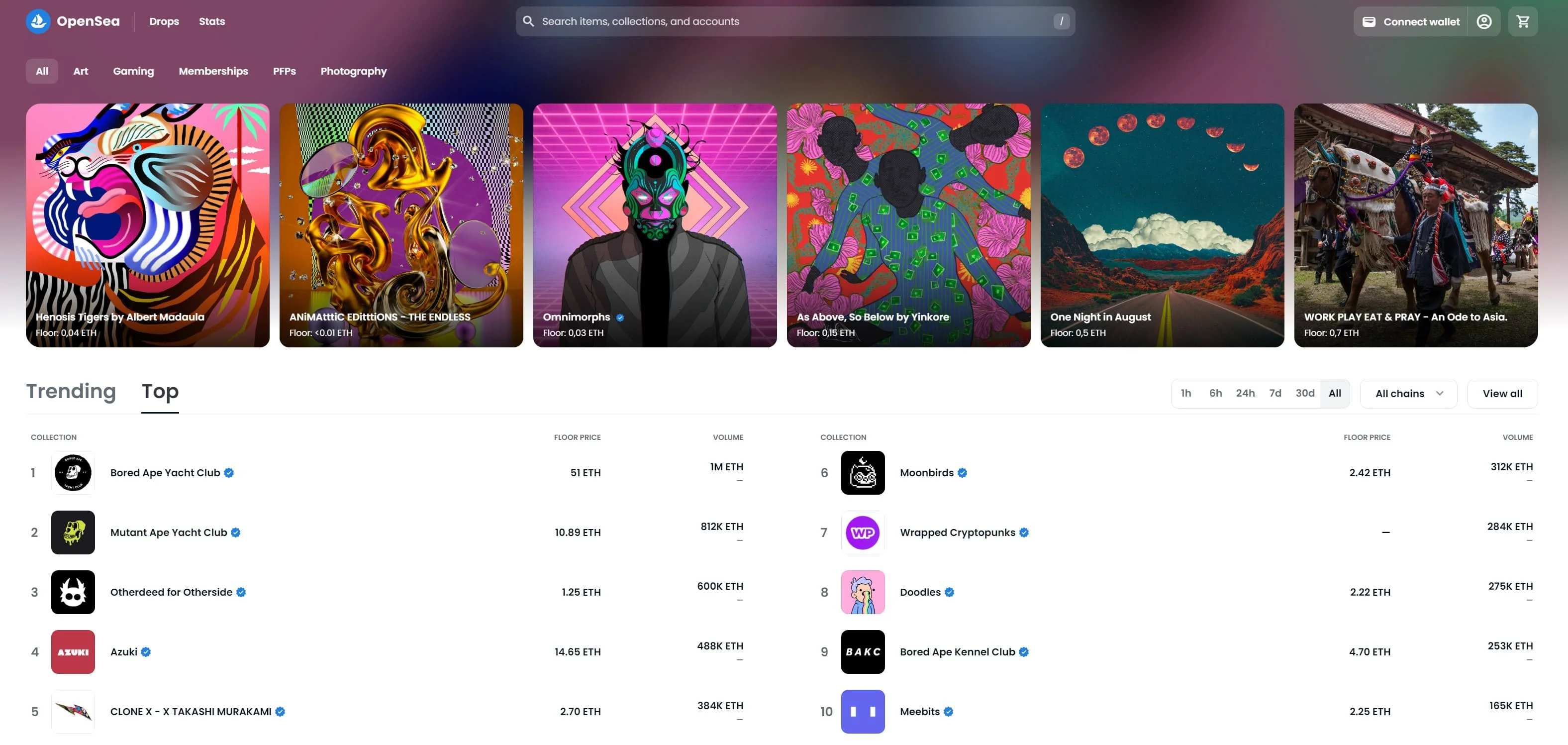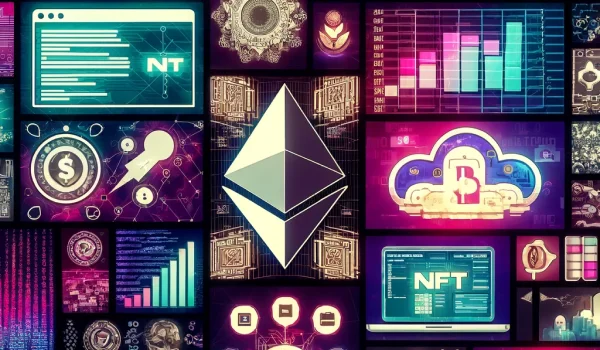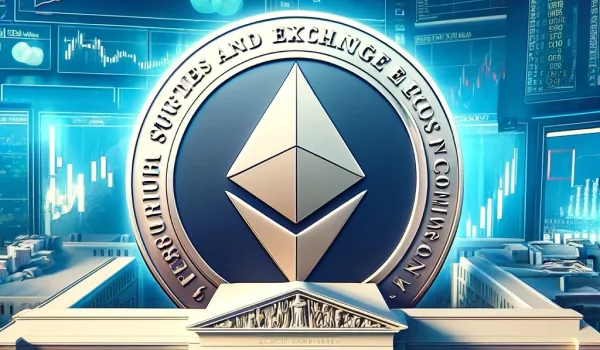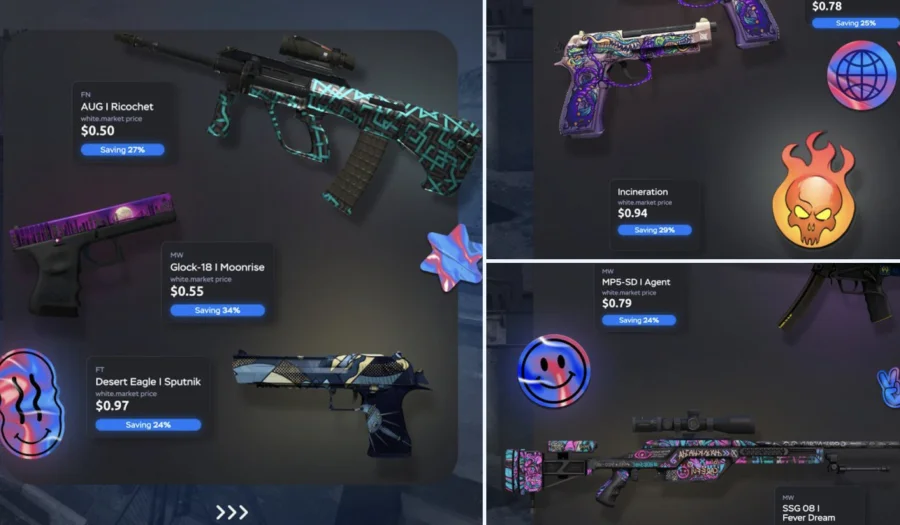OpenSea is one of the largest and most famous marketplaces in the Web3 space, offering a vast array of non-fungible tokens (NFTs) ranging from art, music, gaming, collectibles, PFPs, photography, metaverse, utility, and more. It offers a space for NFT enthusiasts to trade, quickly becoming a top-tier marketplace with billions of trading volumes.
This blog post delves into OpenSea's background, including information on its founders, distinguishing features, strengths, and weaknesses.
Founders
Devin Finzer and Alex Atallah founded OpenSea in 2017. Both founders have a background in computer science and previously worked at technology companies. Devin Finzer worked as a software engineer at Pinterest, and Alex Atallah was a software engineer at Palantir Technologies. The duo recognized the potential of NFTs and decided to create a marketplace for creators and collectors to exchange unique digital assets.

Devin Finzer and Alex Atallah
What Makes It Famous
Swiftly gaining popularity, OpenSea has established itself as a top NFT marketplace, recording over $13 billion in trading volume as of March 2022. OpenSea's success can be attributed to its user-friendly platform and the growing popularity of NFTs. Recently, NFTs have gained significant traction as an innovative method for creators to profit from their digital works.
Users and Features
OpenSea is open to anyone who wants to buy, sell, or discover NFTs. Users can navigate the marketplace by category, seek out specific items, and even craft their own NFTs to sell.

The official website - opensea.ai
The website offers various tools for creators, including the ability to create collections and auctions, set royalty fees, and more. OpenSea also provides analytics tools that allow creators to track their sales and audience. We have written a step-by-step guide on how to use Opensea.
Advantages
OpenSea provides a platform for creators and collectors to exchange NFTs, which can be a valuable source of income for artists and other creators. The platform also presents the opportunity to uncover exclusive and scarce NFTs not readily available elsewhere. Morever, Its user-friendly layout ensures a smooth and accessible experience for all.
OpenSea's royalty feature allows creators to earn a percentage of sales when their NFTs are resold. This feature provides a new revenue stream for creators and encourages long-term ownership of NFTs. OpenSea also offers a range of tools for creators to manage their NFTs and audience, which can help creators grow their brand and sales.
Disadvantages
One potential disadvantage of OpenSea is the environmental impact of NFTs. NFTs require significant amounts of energy to create and trade, leading to concerns about their carbon footprint. OpenSea has acknowledged these concerns and has pledged to offset its carbon emissions by investing in renewable energy projects.
Another potential disadvantage is the risk of fraud or scams when buying and selling NFTs. As in any online trading environment, users are advised to be vigilant with unfamiliar sellers and to perform due diligence before committing to a purchase. OpenSea has implemented various security features to mitigate the risk of fraud, including two-factor authentication and account recovery options.
Final Thoughts
OpenSea is a popular marketplace for NFTs that allows users to buy, sell, and discover unique digital assets. The platform provides a range of tools for creators to manage their NFTs and audience, which can help them grow their brand and sales.
While there are advantages to using OpenSea, such as the ability to support artists and discover rare NFTs, you should also be aware of potential drawbacks such as the risk of being scammed.


 3 mins read
3 mins read








